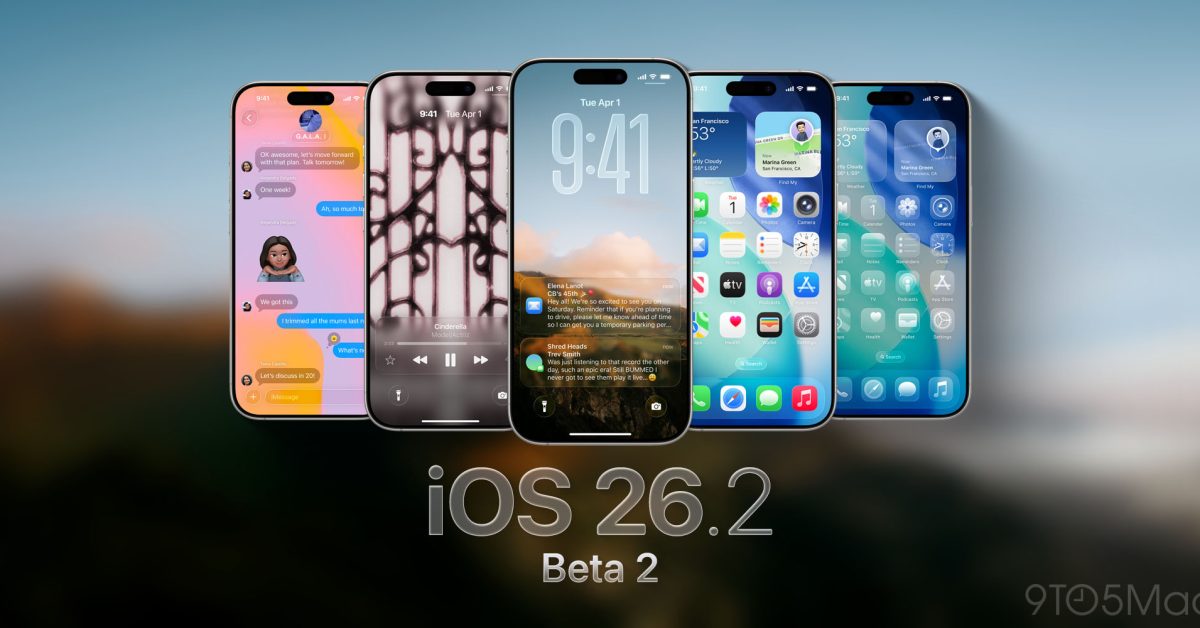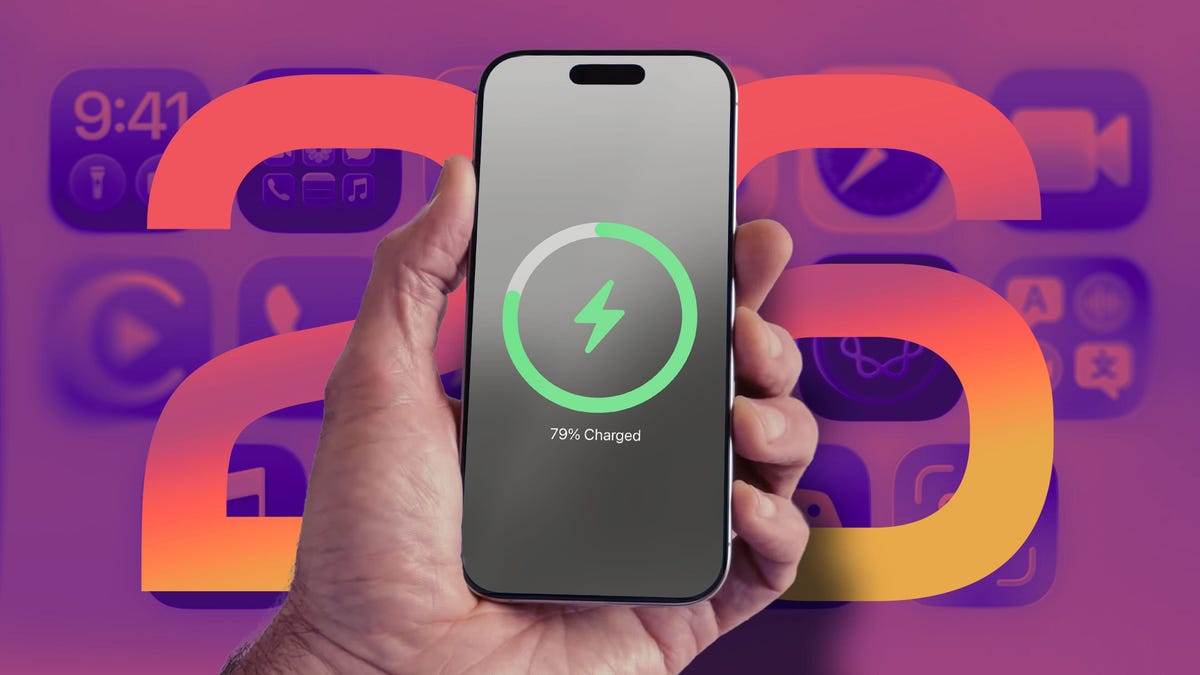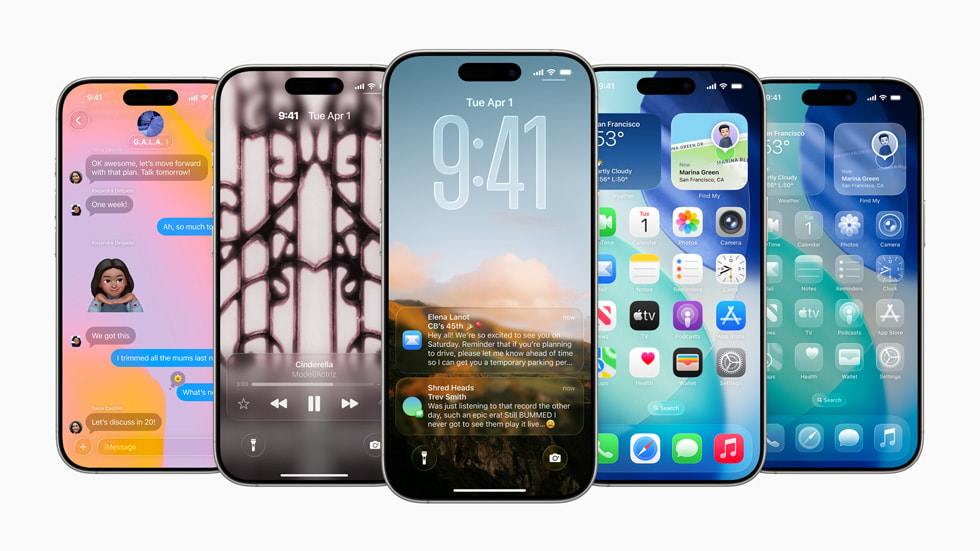At a time when digital threats are greater than ever, WhatsApp is stepping up its game with a suite of enhanced security features tailored to iOS users at high risk of cyberattacks. The move comes amid a surge in sophisticated hacking attempts targeting high-profile individuals and organizations. According to recent reports, the Meta-owned messaging giant is introducing optional protections that promise to harden accounts against persistent threats.
The new features, spotted in the latest beta version of WhatsApp for iOS, allow users to enable “strict security settings” that impose rigorous controls on interactions with accounts. This includes blocking media from unknown contacts, disabling link previews, and restricting group invitations, as detailed by WABetaInfo. These measures are designed for users such as journalists, activists, and executives who face high risks from state-sponsored hackers or cybercriminals.
The rise of targeted attacks
Recent vulnerabilities have highlighted the urgency of these updates. For example, a zero-click exploit associated with an Apple bug allowed hackers to hack devices without user interaction, as reported Hacker news. WhatsApp has fixed CVE-2025-55177, related to Apple’s CVE-2025-43300, which was exploited in spyware attacks. “This flaw allowed specially crafted messages to trigger remote code execution,” cybersecurity experts explained in articles on X, highlighting the exploit’s use of malicious DNG files.
Building on this, WhatsApp’s enhanced protections aim to mitigate these risks by layering defenses. Users can enable these settings through the app’s privacy menu, creating a “fortress mode” that prioritizes security over convenience. According to 9to5MacThis is especially crucial for high-risk accounts, where even minor oversights can lead to devastating breaches.
Access keys and encrypted backups: a new era of authentication
Complementing these strict settings, WhatsApp has rolled out secure password backups for iOS and Android, ensuring chat histories are encrypted with biometric authentication like Face ID or Touch ID. “Passkeys are a safer, easier way to reconnect,” WhatsApp said in a 2024 X post, with the feature now widely available, as confirmed Latest Hacking News.
This integration ties into broader security improvements, including advanced chat privacy and encrypted backups, as outlined in a preview of 2025 security features by LeafWA. For industry professionals, this represents a move toward passwordless systems, reducing reliance on vulnerable SMS verifications that hackers often exploit.
Exposed vulnerabilities: lessons from the 2025 audits
A security audit earlier this year revealed five critical vulnerabilities in WhatsApp’s Android app, with potential implications for iOS, according to Appknox. These included risks that could affect billions of users, requiring urgent updates. Likewise, an “extremely sophisticated” cyberattack targeted iPhone users, prompting them to enable iOS lock mode, as warned Gulf News.
Posts on X from cybersecurity accounts like DARKNAVY detailed a zero-click exploit on iOS and macOS, exploiting missing validations in message origins. “We have triggered WhatsApp 0-click on iOS/macOS/iPadOS,” they posted, highlighting the chained vulnerabilities. WhatsApp’s response, including security advisories listed on its official website, shows a proactive stance to address these gaps.
Strict Settings in Action: What Users Can Expect
The “Strict Account Settings” feature, currently in beta for iOS 25.33.10.70, allows users to apply stricter privacy controls. As reported LatelyLYthis includes blocking unsolicited media and invitations, which could thwart phishing attempts. For high-risk users, this means a customizable shield against social engineering tactics.
Industry experts see this as part of Meta’s broader strategy to combat growing threats. “WhatsApp is rolling out a major security update designed to make it easier for users to protect their accounts,” noted Herald of India. Combined with features like password logins, it positions WhatsApp as a leader in secure messaging for vulnerable populations.
Integration with the Apple ecosystem: Watch and beyond
WhatsApp’s security efforts extend to the Apple Watch, with a new app introducing messaging features while maintaining end-to-end encryption. 9to5Mac reported on this launch, which includes quick responses and voice messages, ensuring that security is not compromised on portable devices.
Additionally, WhatsApp security page advisories address 2025 vulnerabilities in detail, boosting trust. Posts on X from WABetaInfo highlight ongoing developments, such as strict deployment of settings, signaling continued improvements.
Implications for the technology industry
As cyber threats evolve, WhatsApp’s improvements set a benchmark for other platforms. The focus on high-risk users fills gaps revealed by incidents such as zero-day exploits, where hackers used chain flaws to deploy spyware. “Hackers have followed up a new WhatsApp flaw with an Apple bug,” The Hacker News warned about X, emphasizing the need for multi-layered defenses.
For insiders, this development raises questions about the balance between usability and security. While convenient for everyday users, these optional features provide essential tools for those in the crosshairs of advanced persistent threats that could influence future application security regulations.
Future horizons: scalable defenses
Looking ahead, WhatsApp beta features suggest more innovations, including AI-based threat detection. Reports of Gadget Bridge indicate that strict settings will soon be accessible to everyone, thus democratizing high-level security.
Ultimately, these updates reflect a more mature approach to digital security, where proactive measures such as strong passwords and controls become the norm. As vulnerabilities continue to emerge, WhatsApp’s commitment to patching and improving protections will be critical to maintaining user trust in an increasingly hostile cyber landscape.










